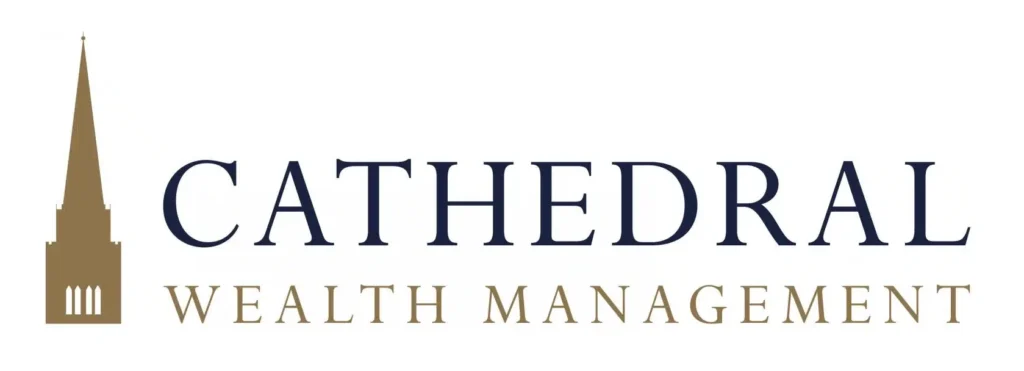
Jeremy Hunt has unveiled the Autumn Statement 22nd November 2023, prompting questions about its implications for personal finances.
Maintaining tax efficiency throughout your financial planning journey is crucial for achieving financial goals. Understanding the impact of tax and benefit changes, and discussing these with your financial adviser, is essential.
Before the Autumn Statement, there was considerable speculation about potential tax cuts and their compatibility with responsible economic growth. The changes announced in the Chancellor’s “Autumn Statement for Growth” are framed against a backdrop of reduced debt, controlled borrowing, modest growth, and lower inflation.
Here’s a summary of the key changes that could affect individuals and businesses, along with a reminder of important unchanged provisions in financial planning.
The most significant changes for employed individuals revolved around National Insurance.
For investors and savers, ISA and JISA contribution limits remain unchanged, with proposed changes aimed at simplifying and enhancing flexibility. Inheritance Tax and Capital Gains Tax remain untouched.
Apart from National Insurance changes, all other personal tax thresholds, exemptions, and allowances remain unchanged or frozen until April 5, 2028. This status quo may lead to an increase in basic, higher, and additional rate taxpayers, necessitating informed tax and financial planning.
Announcements were made regarding the National Minimum Wage increase to £11.44 per hour and improvements to Universal Credit and Housing Allowance Rules.
A notable measure for businesses is the permanence of “full expensing” for qualifying capital equipment expenditure beyond April 2026. This means that companies can continue to fully deduct 100% of qualifying expenditure from taxable profit. This announcement comes amid the recent increase in the main rate of corporation tax to 25%.
While the National Insurance reductions for the self-employed were highlighted, there were limited benefits for businesses regarding employer costs. The rise in the minimum wage might increase costs for some businesses.
With the tax and benefit system’s increasing complexity, coupled with the crucial role of tax efficiency in financial objectives, regular discussions with financial advisers are imperative to ensure alignment with changing contexts and personal goals.
The value of investments with St. James’s Place is directly tied to fund performance and may fluctuate. Investments may result in returns less than the amount invested. Taxation levels and reliefs are subject to change based on individual circumstances.
*The data presented this article is sourced gov.co.uk The information obtained from this source has been accurately represented and faithfully documented 24th November 2023
Kindly supplied by Cathedral Wealth Management








